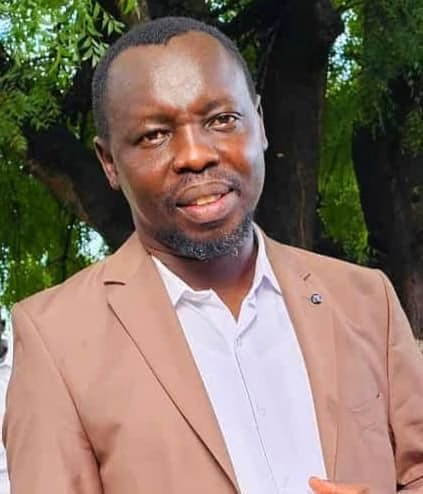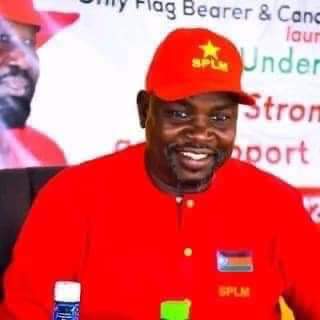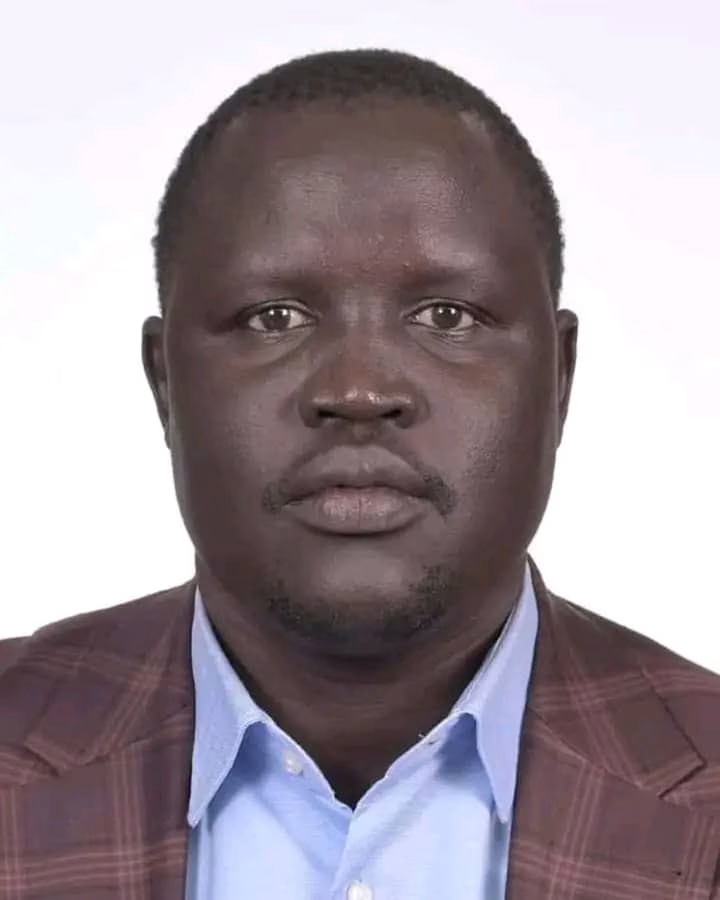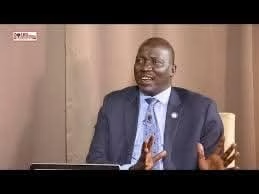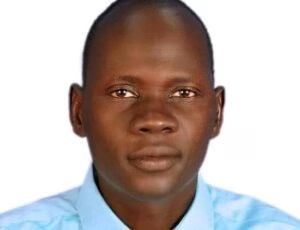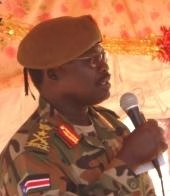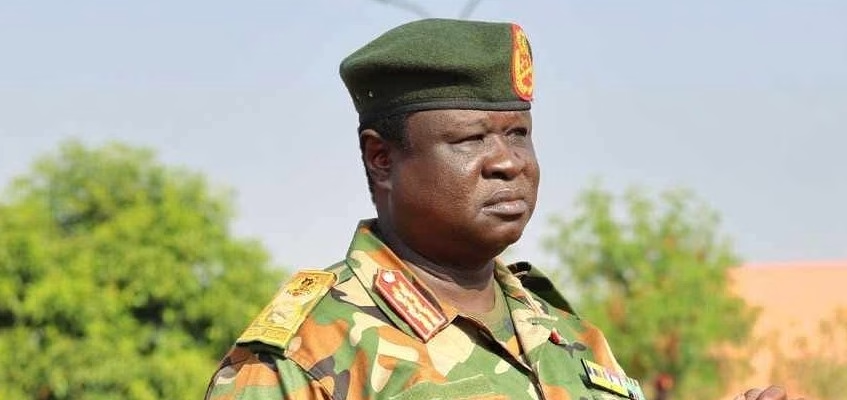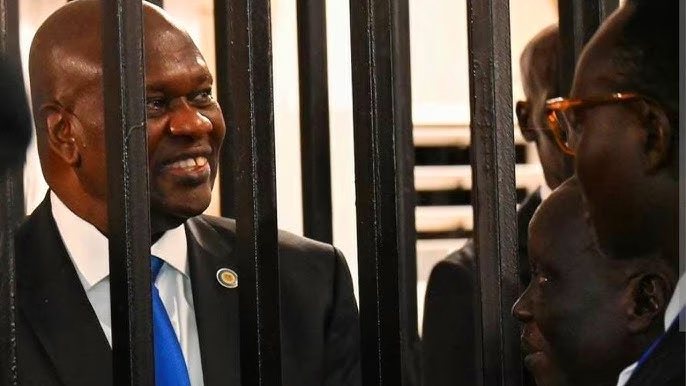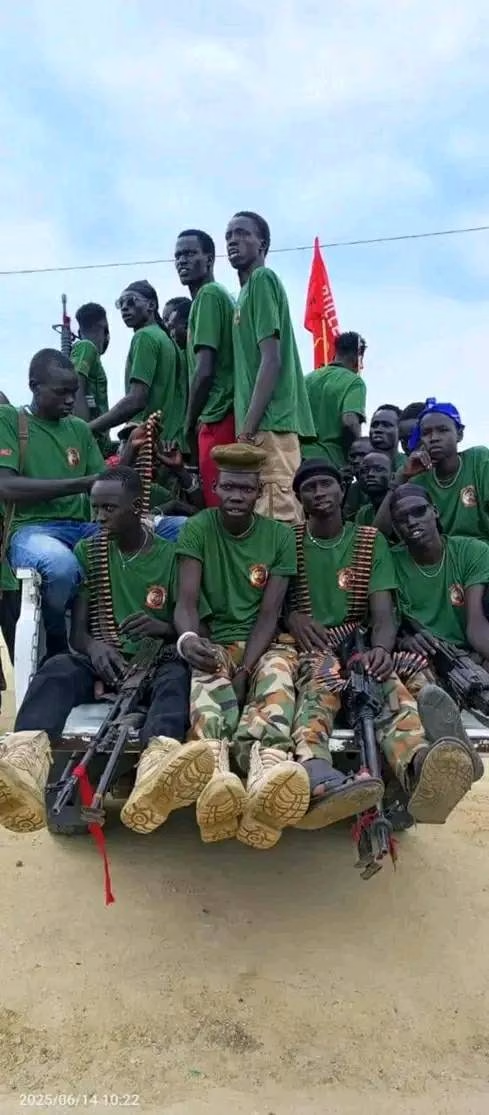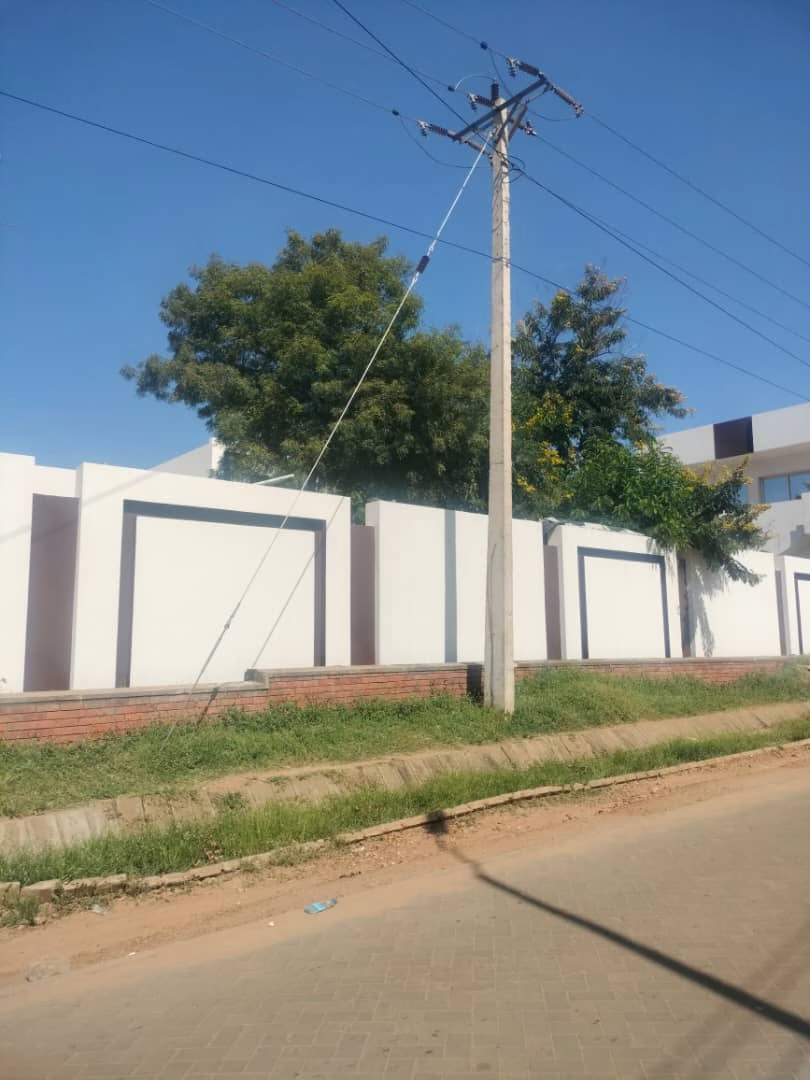By Hon Mogga Charles Guya
South Sudan, a nation born out of struggle and immense sacrifice, continues to face challenges that threaten the foundation of its future: its youth. Across towns, villages, and cities, the pain of losing young people not only to bullets but also to drugs, hopelessness, and manipulation has become a silent national tragedy.
The Crisis: Losing a Generation
The loss is not always marked by death alone. Many South Sudanese youth are alive, yet psychologically dead, trapped in cycles of: Substance abuse: Due to unemployment, trauma, and lack of opportunity, drug use is increasing. It’s not just a health crisis it’s a sign of systemic neglect.b Communal violence: Youth are often pulled into local conflicts, used as foot soldiers in disputes over cattle, land, or ethnic supremacy. Political manipulation: Young people are exploited by political elites, handed weapons instead of books, used to settle power struggles rather than build peace .
This is not just the loss of individuals. It’s the erosion of dreams, leadership, and national potential. When a young person picks up a gun or a drug, it often reflects a society that has failed to give them a reason to hope
Hence let it be books not boots The SSNMC Perspective: A Path Toward Productive Youth Engagement
The South Sudan National Movement for Change (SSNMC) recognizes that the youth are not just victims of the country’s crises they are also the most powerful agents of change. SSNMC envisions a restructured, empowered, and productive youth force as the cornerstone of a peaceful, democratic, and prosperous South Sudan, all this will be possible with the following.
Rehabilitation and Reintegration
Youth recovery centers for those affected by drugs and violence in creating such a productive rehabilitated society is achieved. Trauma healing programs, counseling, and community support networks which will yield prosperous mental health society
Amnesty and reintegration pathways for youth involved in militias and communal conflicts which the presidents amnesty still stands firm to all who embrace peace as a way of conflict resolution. . Skills and Economic Empowerment Vocational training in agriculture, construction, ICT, and entrepreneurship are the best initiatives to catapult a quick societal integration
Youth economic empowerment funds to support small businesses and innovation,and advocacy for all. Incentives for private sector involvement in youth employment all this will help an empowered society Youth in Governance and Peace building. Mandatory youth representation in political parties, peace talks, and governance institutions and civil societies. Peace clubs and civic education programs in schools and local communities ,cultural societies involvement Youth peace ambassadors trained to mediate local conflicts and advocate. Education as a Right and a Weapon Against Conflict Revamp the education system to be inclusive, relevant, and free at primary and secondary levels. Special focus on girls’ education, closing the gender gap, and protecting girls from early marriage and exploitation. Build mobile schools and learning centers in conflict-prone areas, and mobile cattle camps
. National Youth Service Program. A non-military National Youth Service that promotes national unity, patriotism community service, and skills development. Youth participation in infrastructure development, environmental conservation, and public health, voluntary support to society and communities. A Call to Action: Investing in Peace through the Youth
The real wealth of South Sudan is not in its oil or minerals it is in its people, particularly its youth. The SSNMC firmly believes that a nation that loses its youth loses its future. But a country that nurtures its young people, protects them, and gives them purpose, will thrive against all odds.
Let us reclaim our youth from the grip of drugs, from the clutches of conflict, and from the shadows of despair. Let us invest in their dreams, and in doing so, secure the future of South Sudan.
The writer is a senior member of the leadership Council and the secretary of foreign affairs SSNMC juba.

